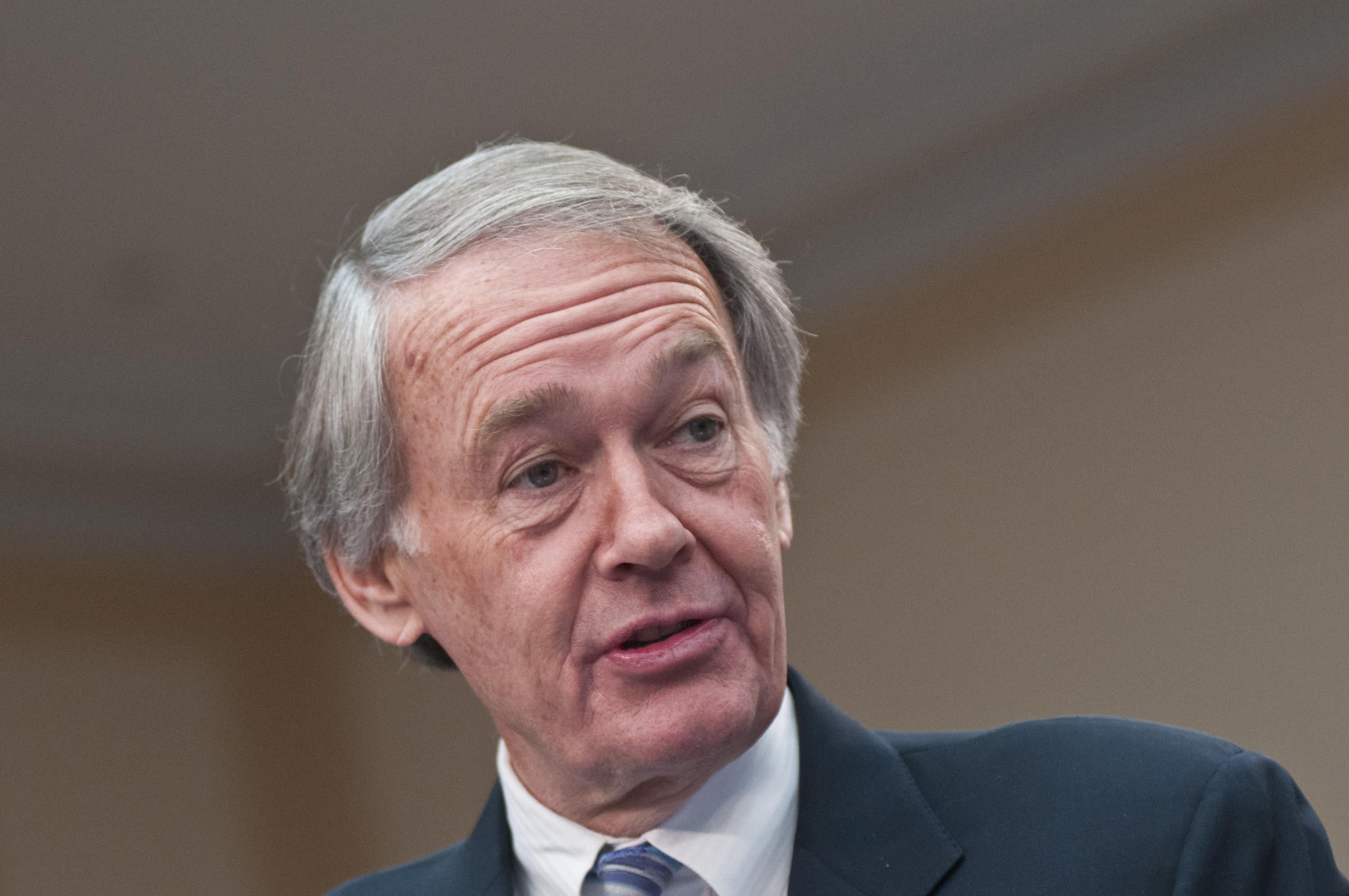The National Republican Senate Committee put out a blast email today mocking Ed Markey as the next Al Gore—aka a politician whose opponents will lie about him in order to try to block him from claiming deserved credit for his legislative initiatives:
In case you missed it, Out of Touch Ed Markey — who has been sitting in Washington since 1976 — has channeled his inner Al Gore during a couple of his recent campaign appearances.
Earlier this month, Congressman Ed Markey claimed that he invented the satellite dish, low-cost mobile phone calls, and the ability for cable companies to provide long distance service.
Now, Markey tells us that he’s actually the hero we have to think for Google, Hulu, YouTube, Facebook and Twitter. Who knew?!
Perhaps Markey can use the technology he invented to call, tweet, or message his friend Al Gore, inventor of the internet.
It really is a little shocking in retrospect how entrenched the Gore stuff has become. Does it sound crazy to you that Ed Markey would have claimed to have invented all this stuff? Sounds crazy to me. Because it didn’t happen! And you can follow the links and see clearly that it didn’t happen. What is true is that, as Markey said, he was a leader in pushing the provision of the 1992 Cable Act that made it possible for commercially viable direct-broadcast satellite companies (Direct TV, etc.) to compete with cable companies. The specific issue is that cable companies had vertically integrated with cable stations. The same firm might own a cable infrastructure company and also own HBO. Then the integrated cable firms would agree to license their channel to other cable companies in other geographical areas, but not to competitors. So the technology existed to do satellite TV, but the content wasn’t there. Markey’s provision forced cable companies to license content to satellite companies on non-prejudicial terms, thus injecting some much-needed competition into the market.
At the second link, Markey is saying that he took a leading role in the 1996 Telecommunications Act and is arguing, plausibly, that the act led to a surge of business invenstment in digital technology. But don’t take my word for it, read this policy briefing from the Cato Institute concluding that “a sober assessment of the major economic provisions of the 1996 Telecommunications Act reveals that the legislation scores at the top of its class on standardized tests.” In fact, it’s noteworthy that the final Senate vote count on the act was 91-5 with Senators Leahy, Feingold, Wellstone, Simon, and John McCain in opposition. The left-wing critics of the ‘96 Act were mostly concerned that it went too far in deregulating, and allowed for too much consolidation of television and radio station ownership. It was basically a triumph of bipartisan legislating and Markey played a key role in it. He also fought for a provision forcing the development of Cable CARD technology that paved the way for Tivo.
UPDATE: I’ve had some email exchange on this subject with RSCC spokesman Brad Dayspring who doesn’t dispute that the 1996 Telecommunications Act was a good law or that the 1992 Cable Act was a good law or that Al Gore never claimed to have invented the Internet, but explains that the point of attacking Markey in this dishonest way was to underscore the idea that Markey sometimes exaggerates the extent of his accomplishments. What the point of attacking Gore was, I couldn’t quite say.
